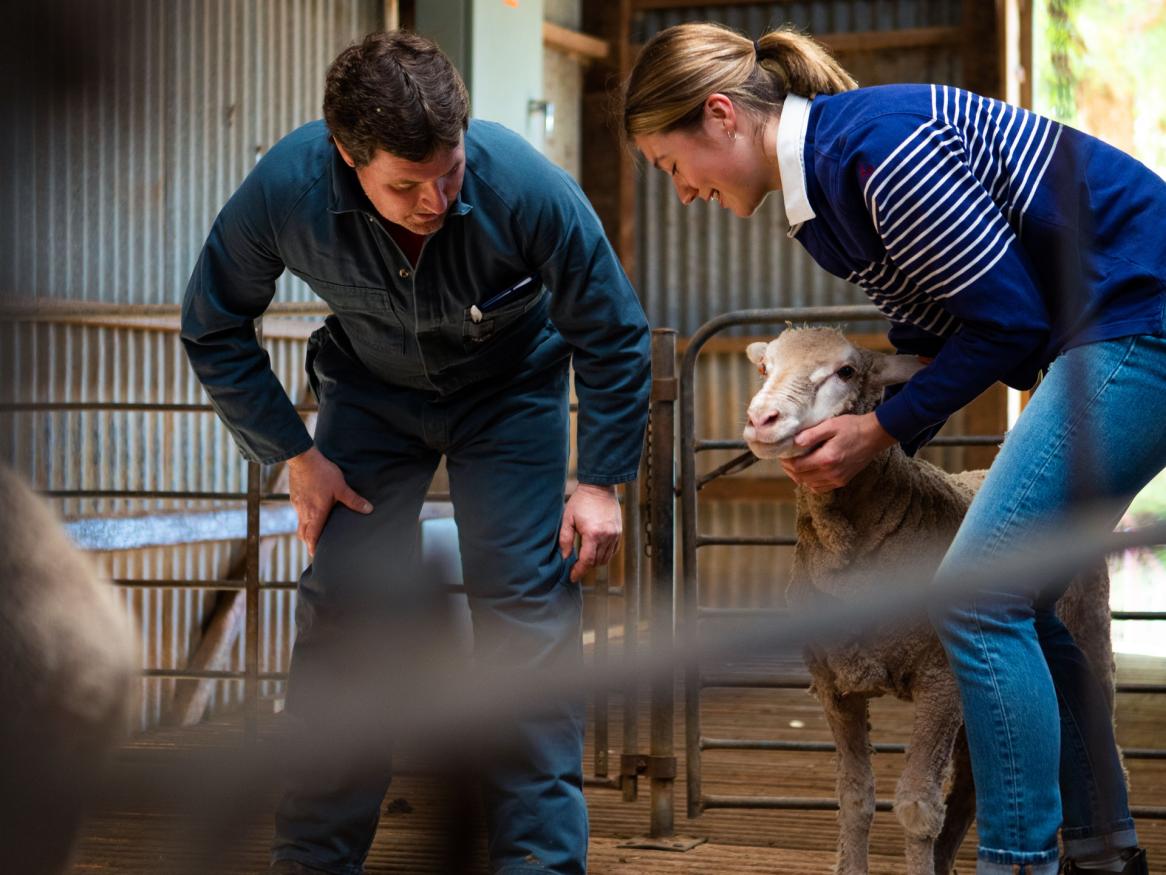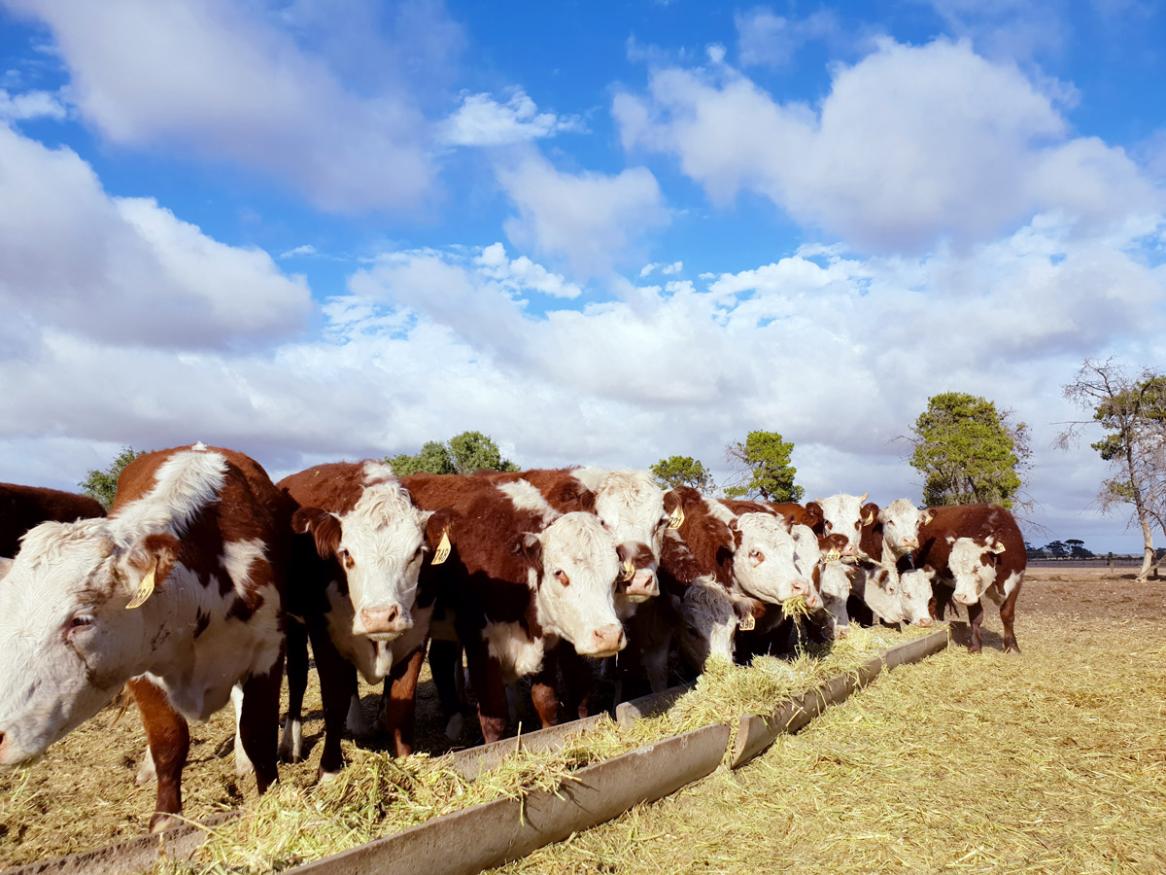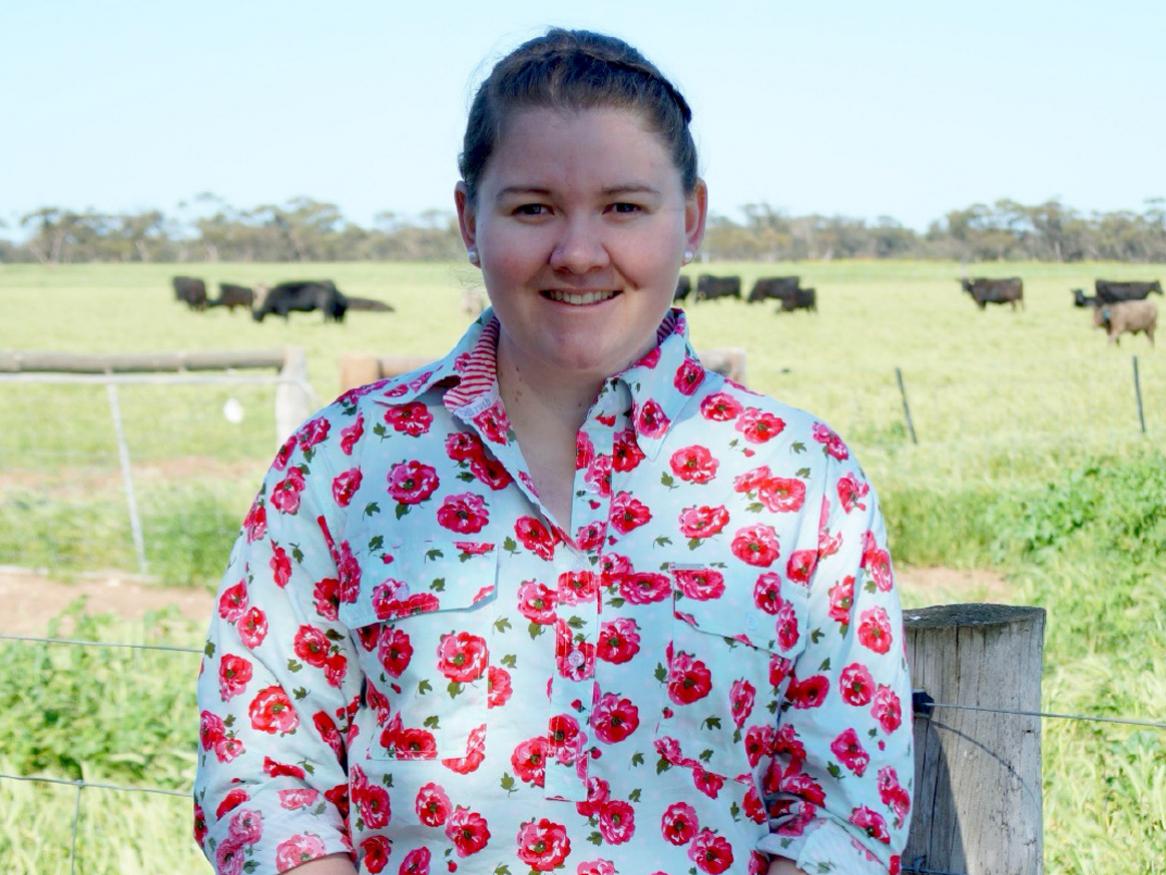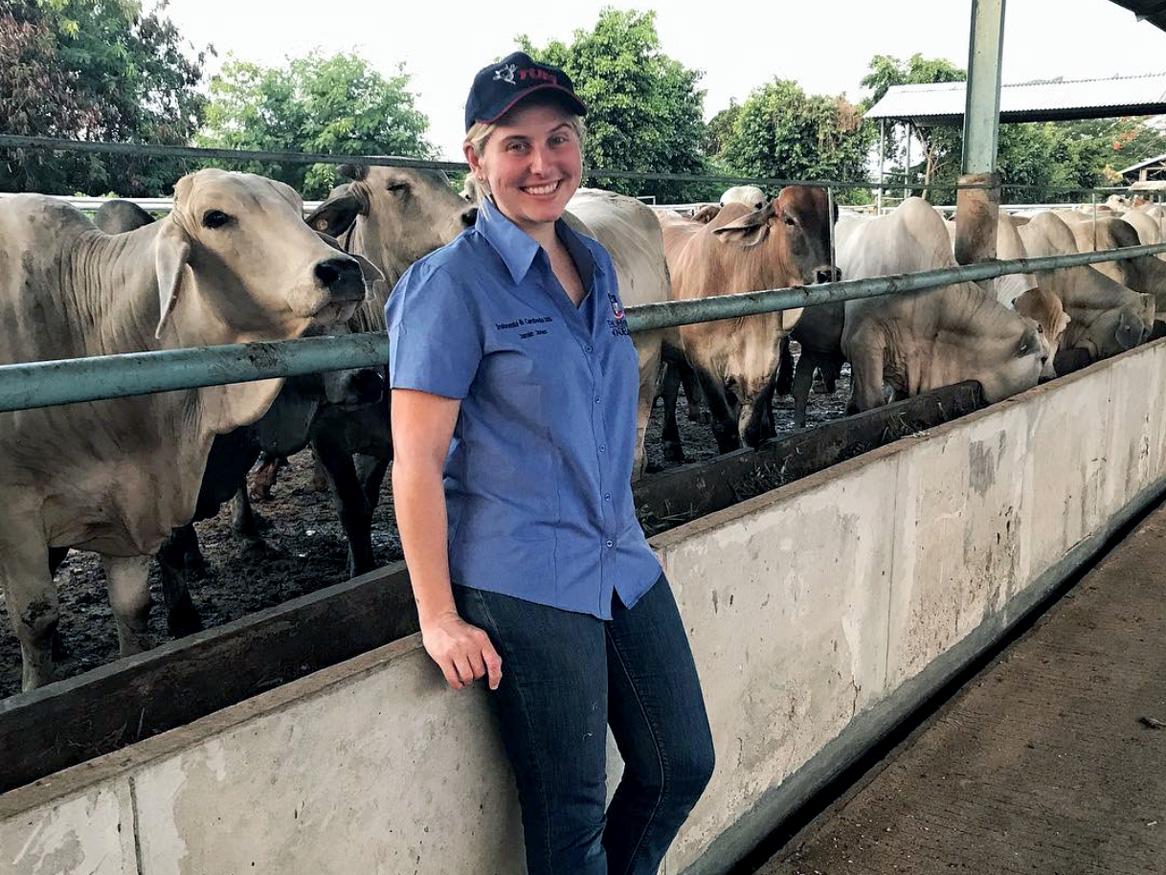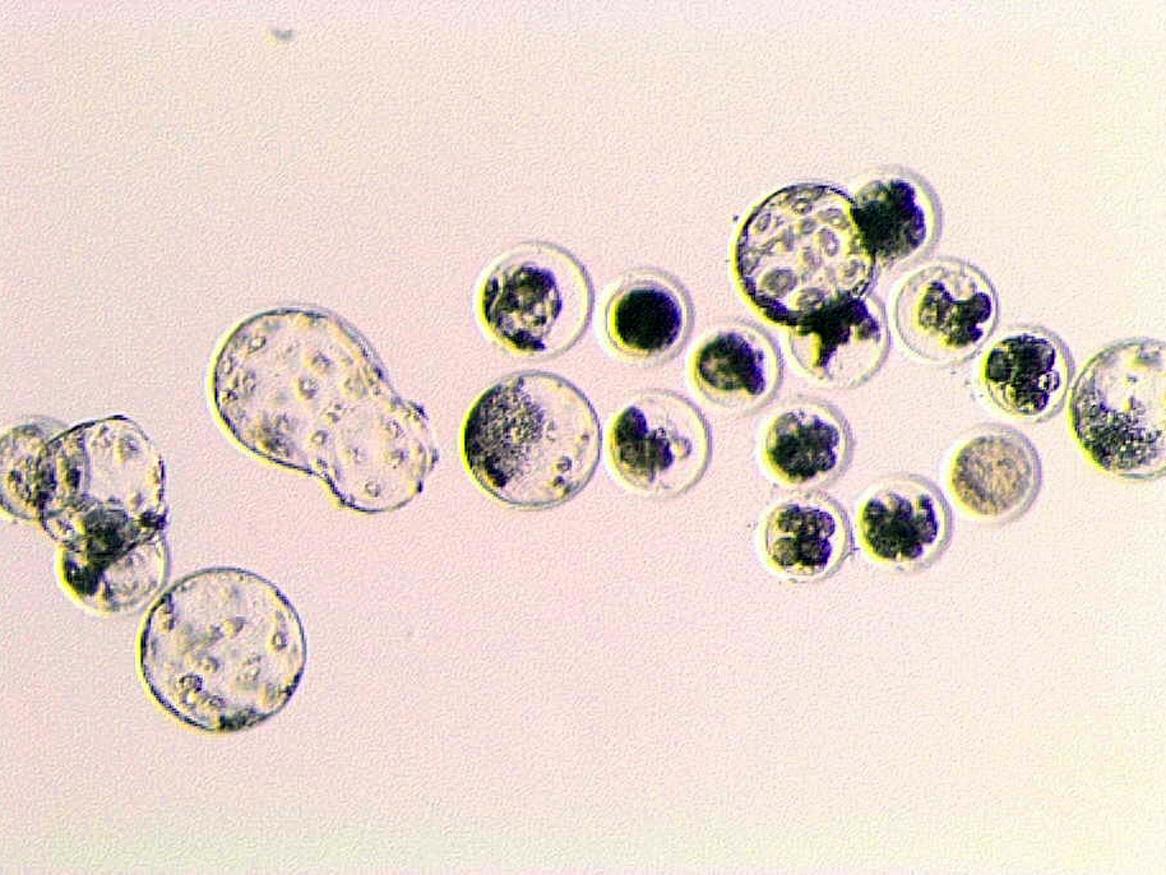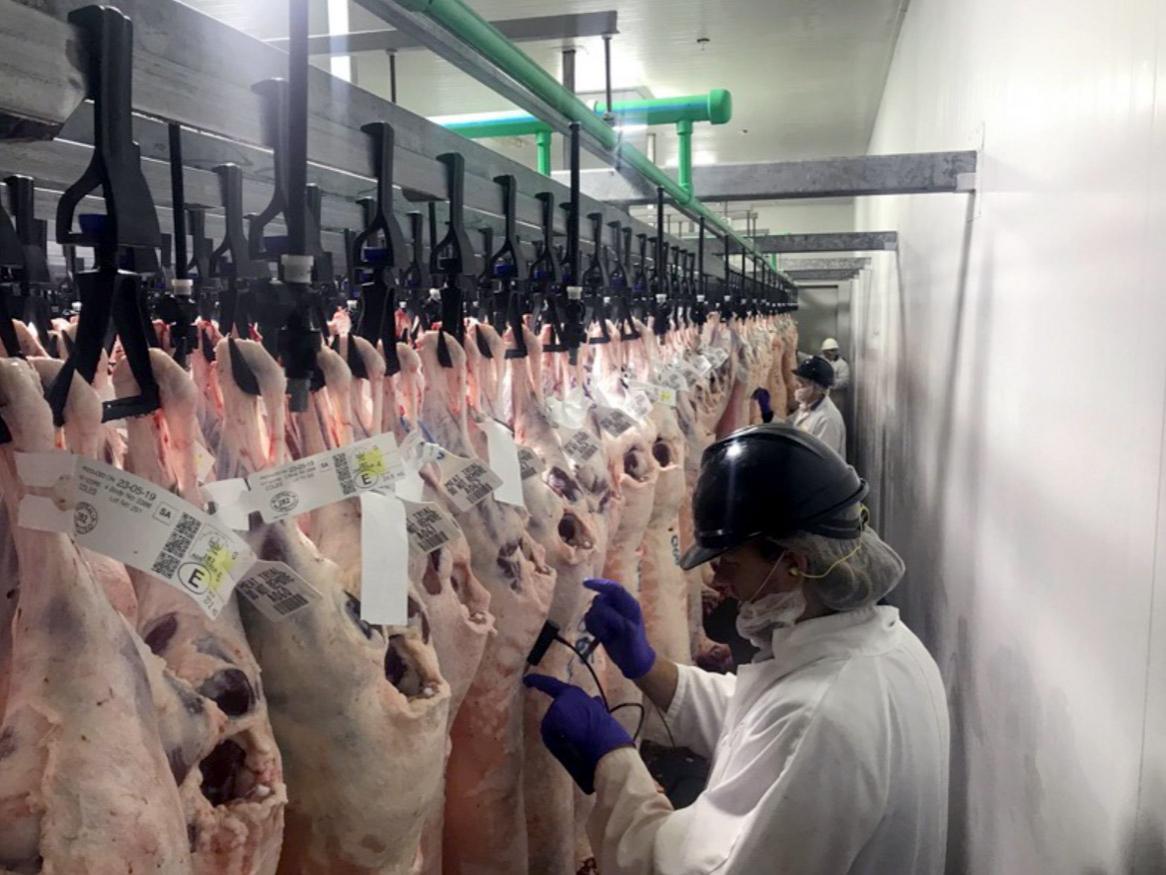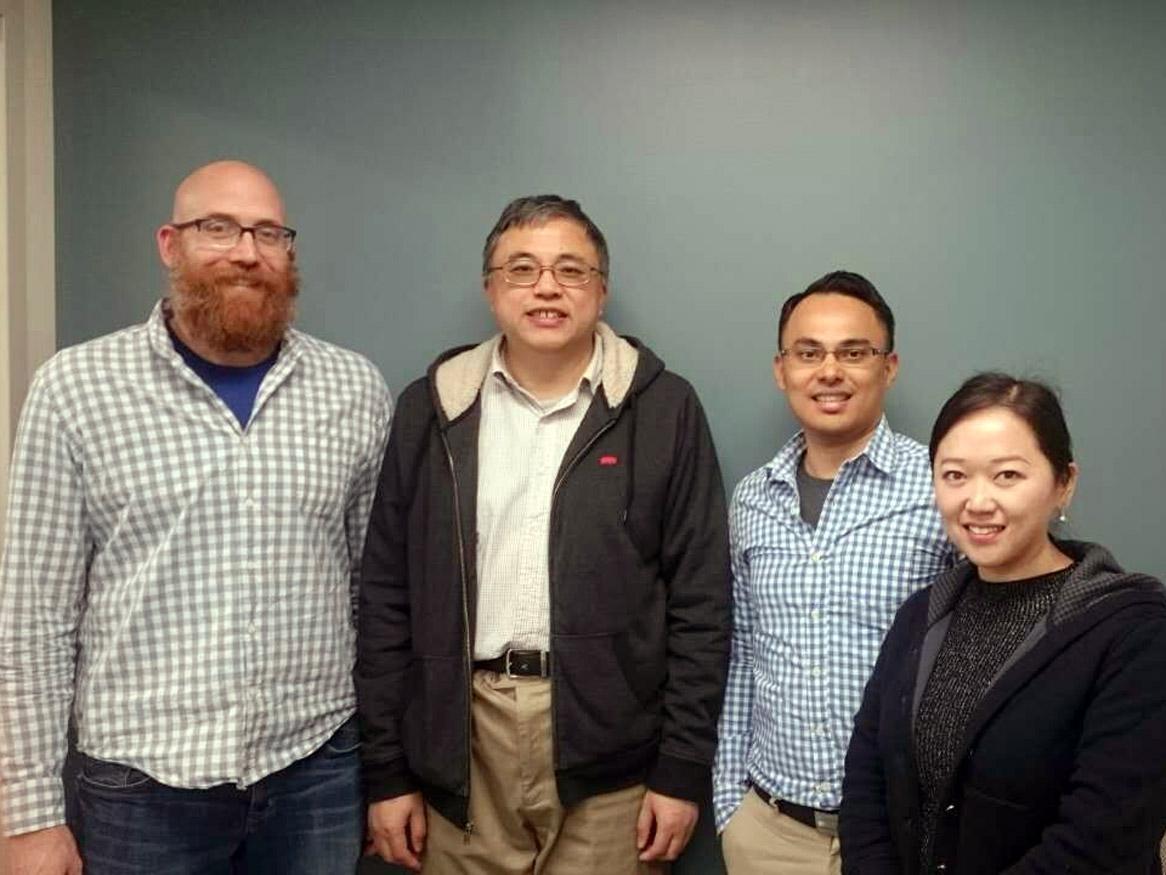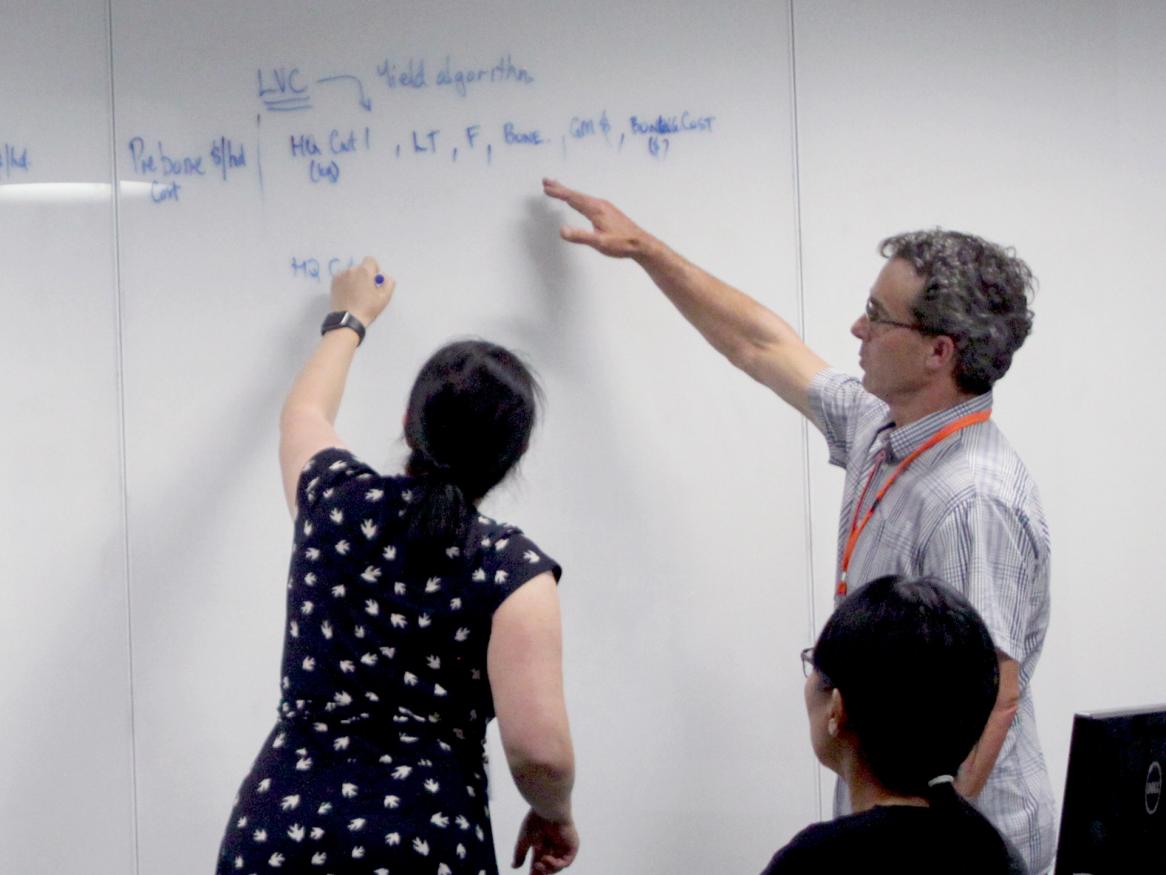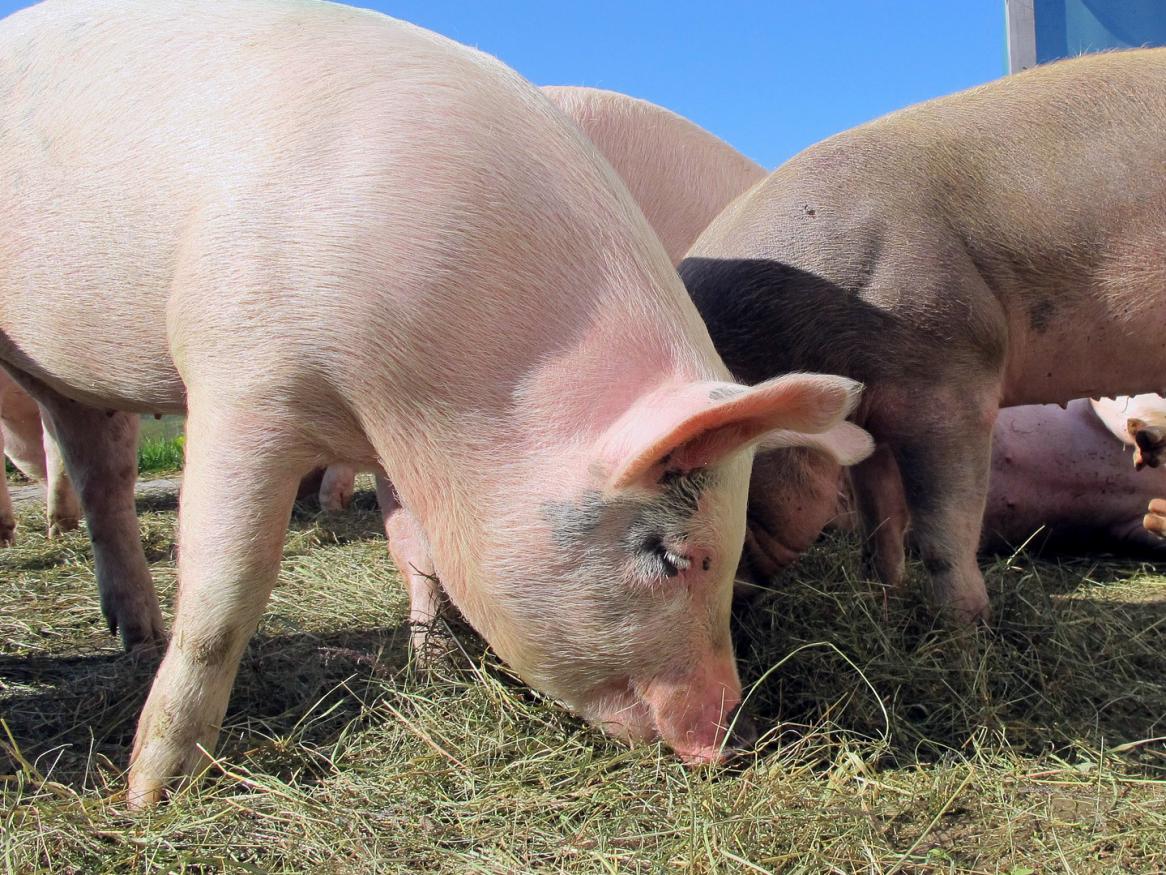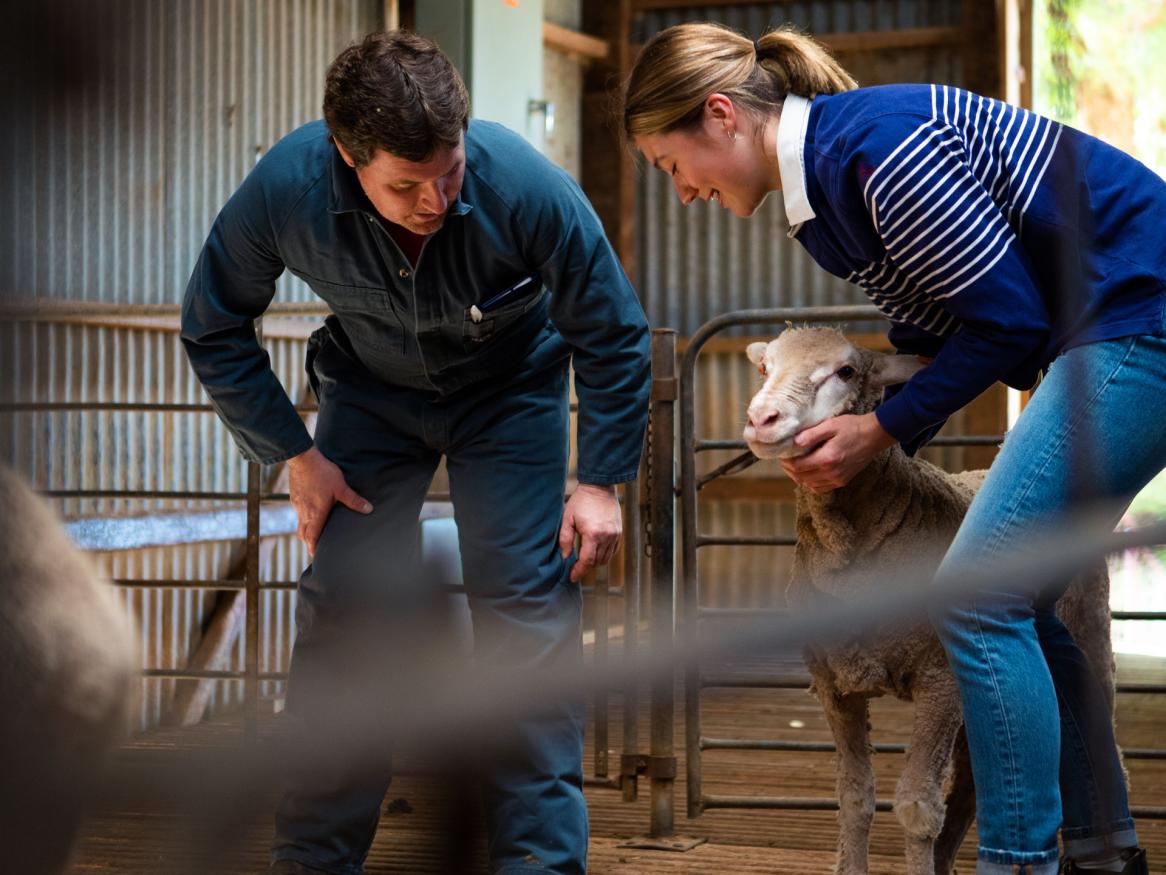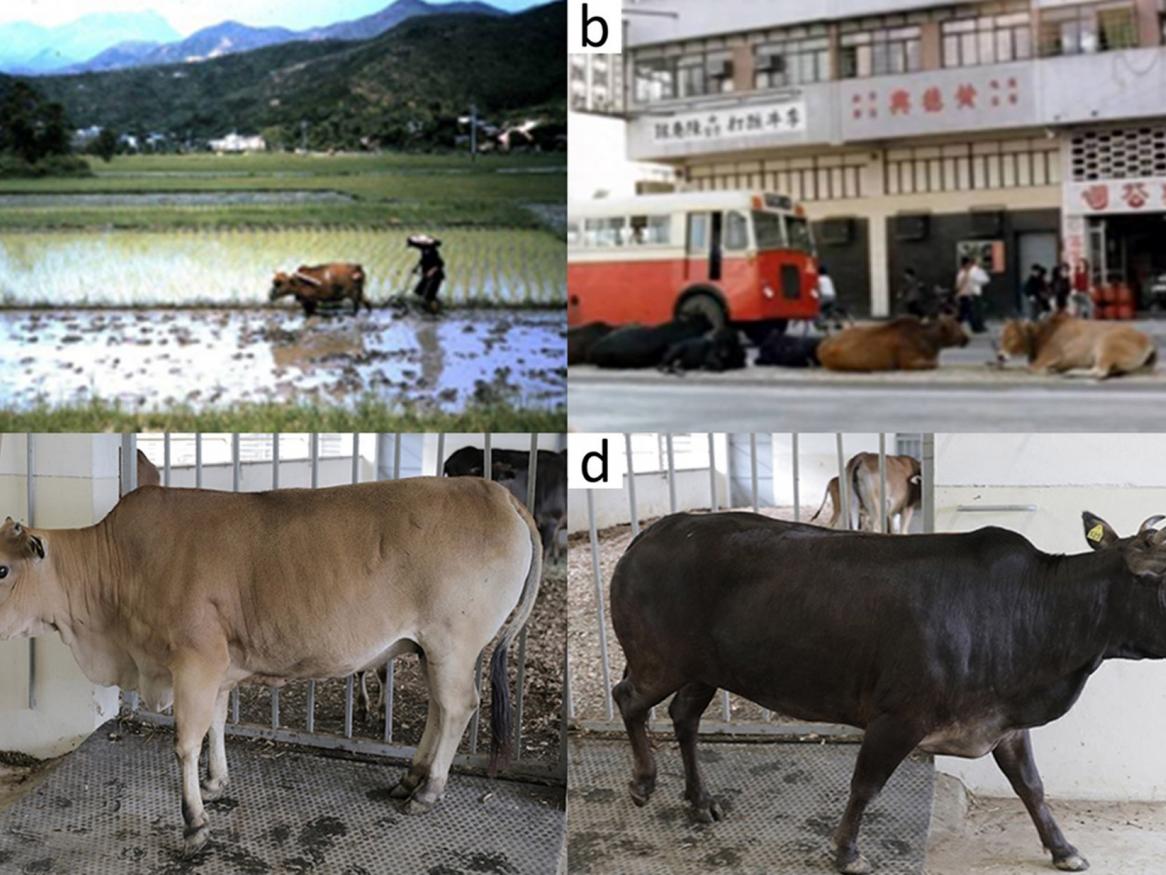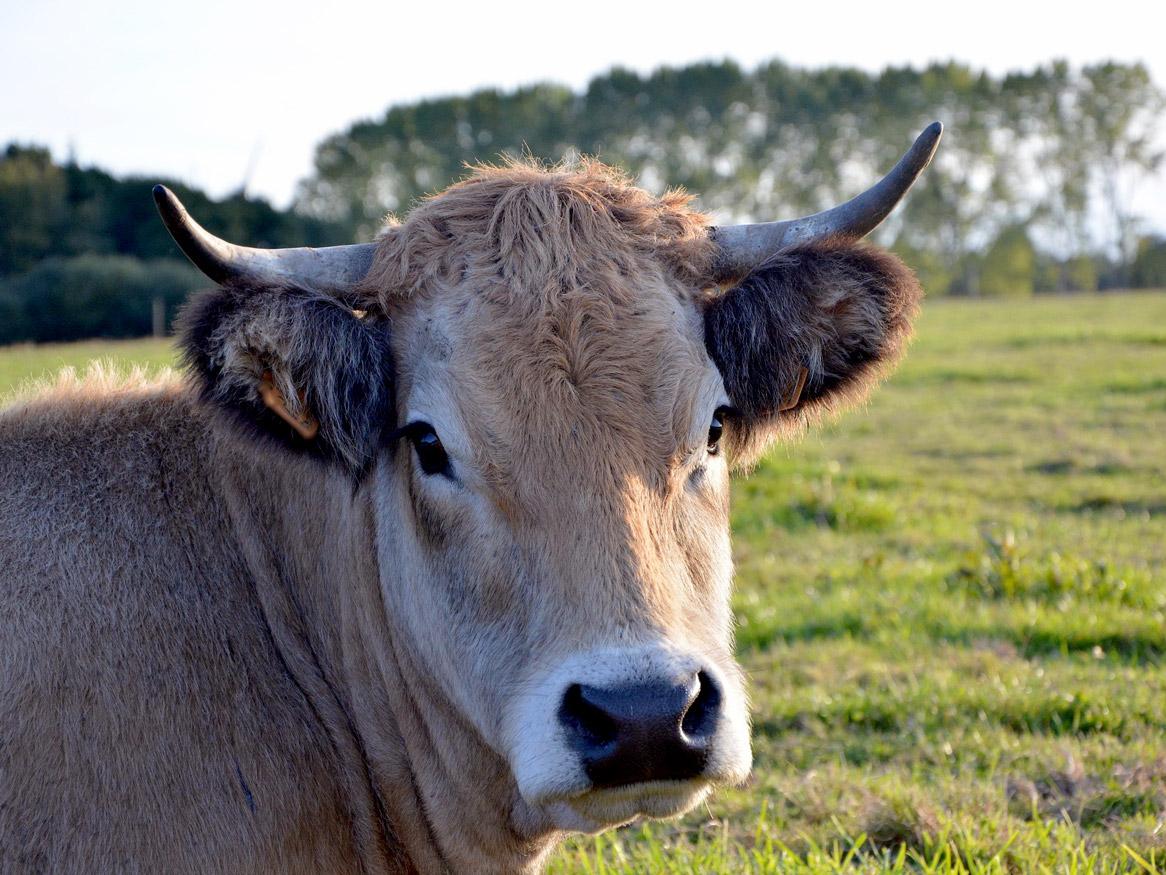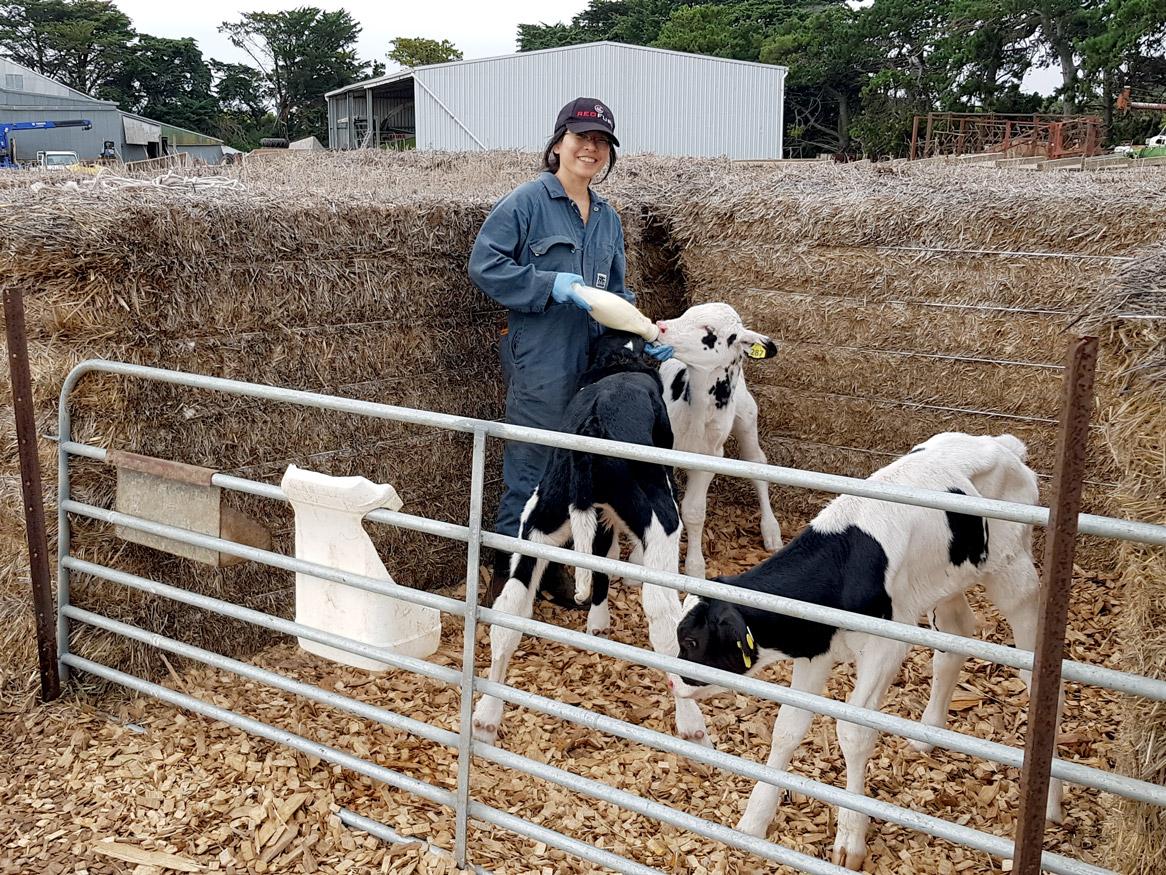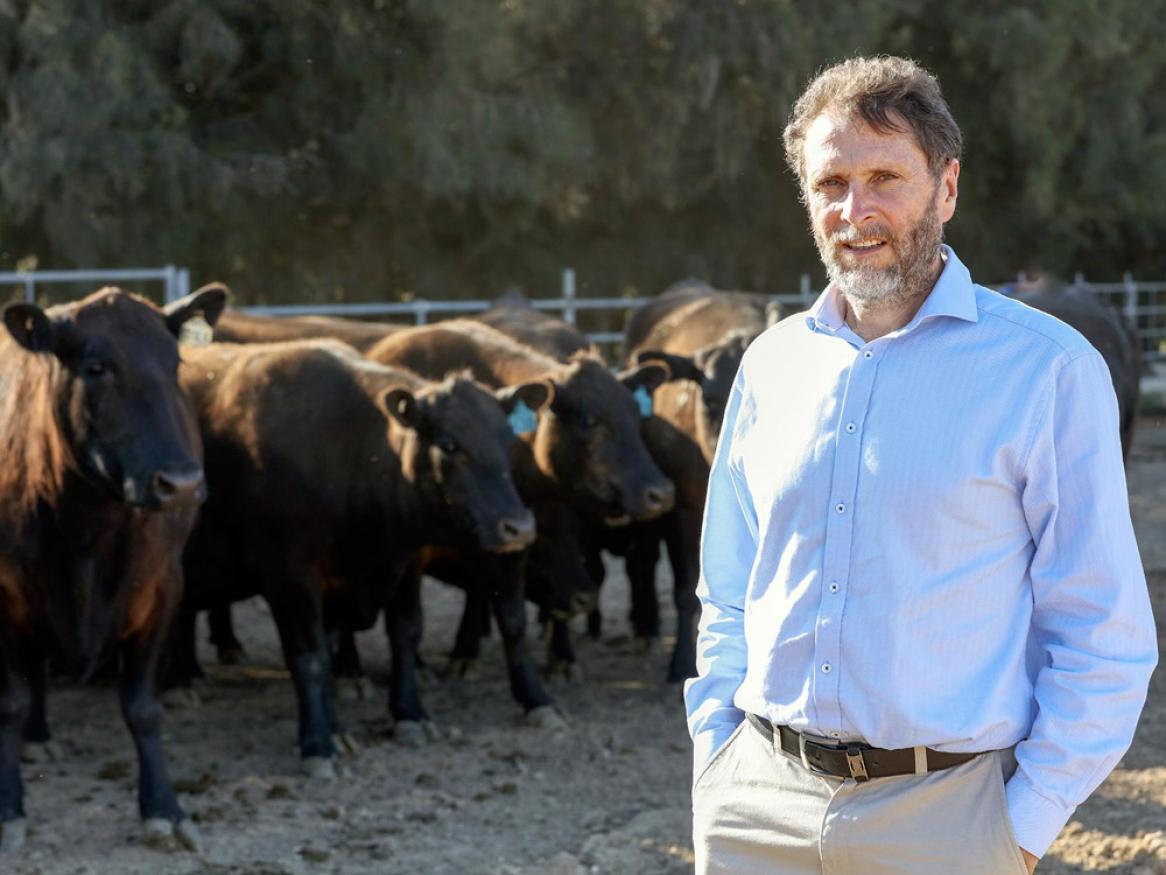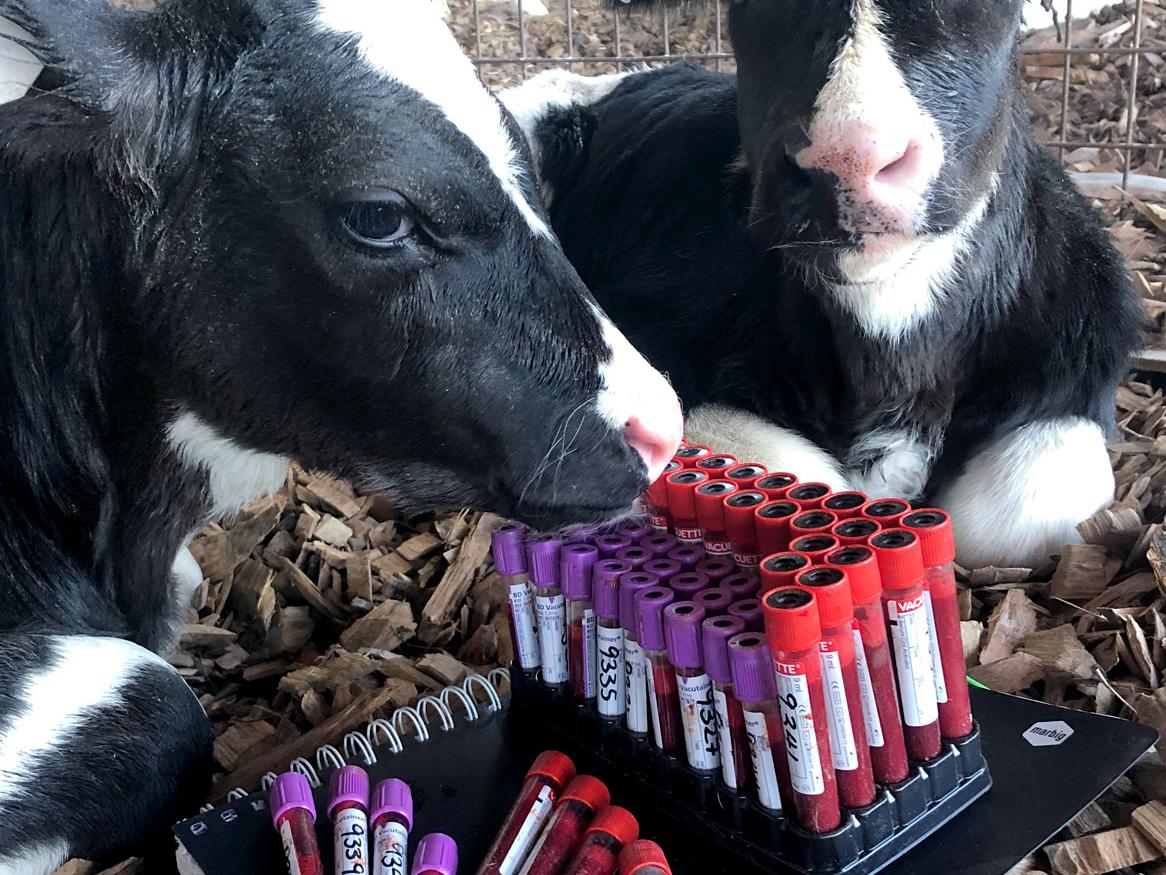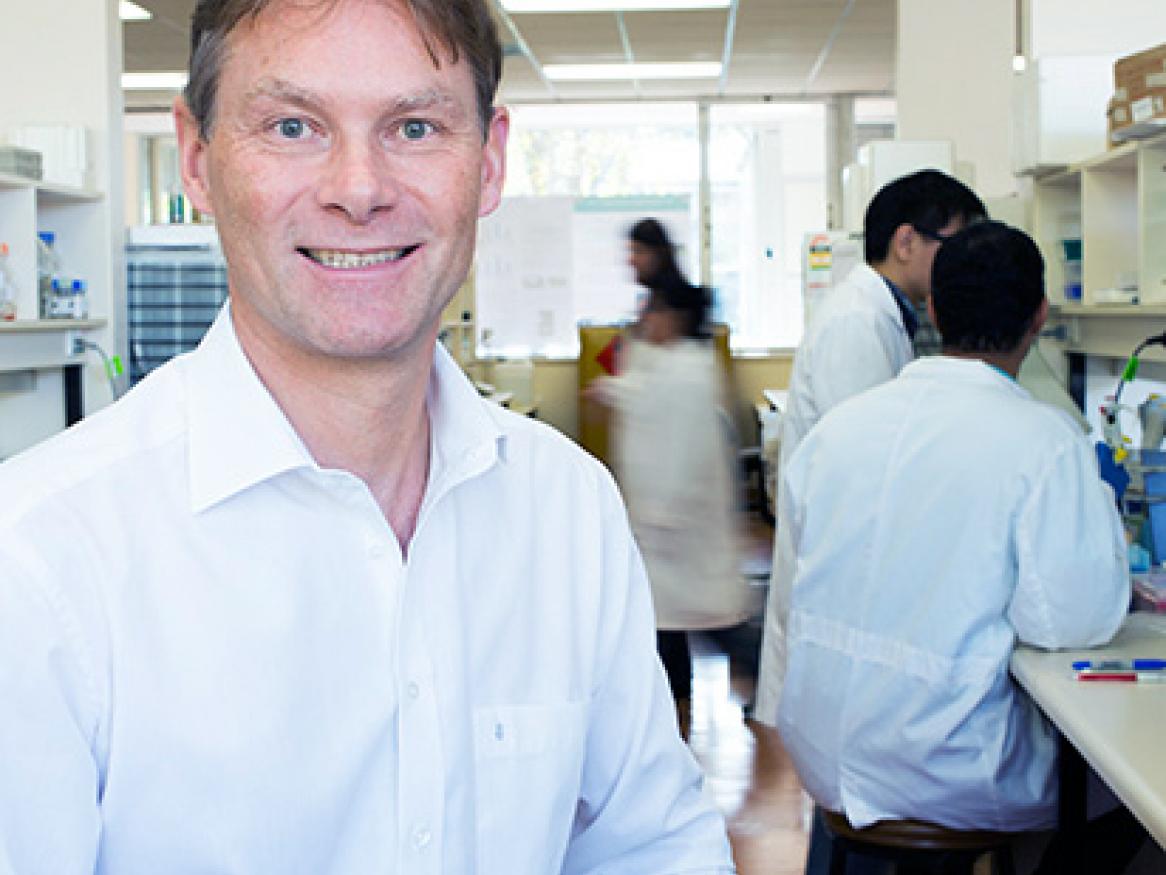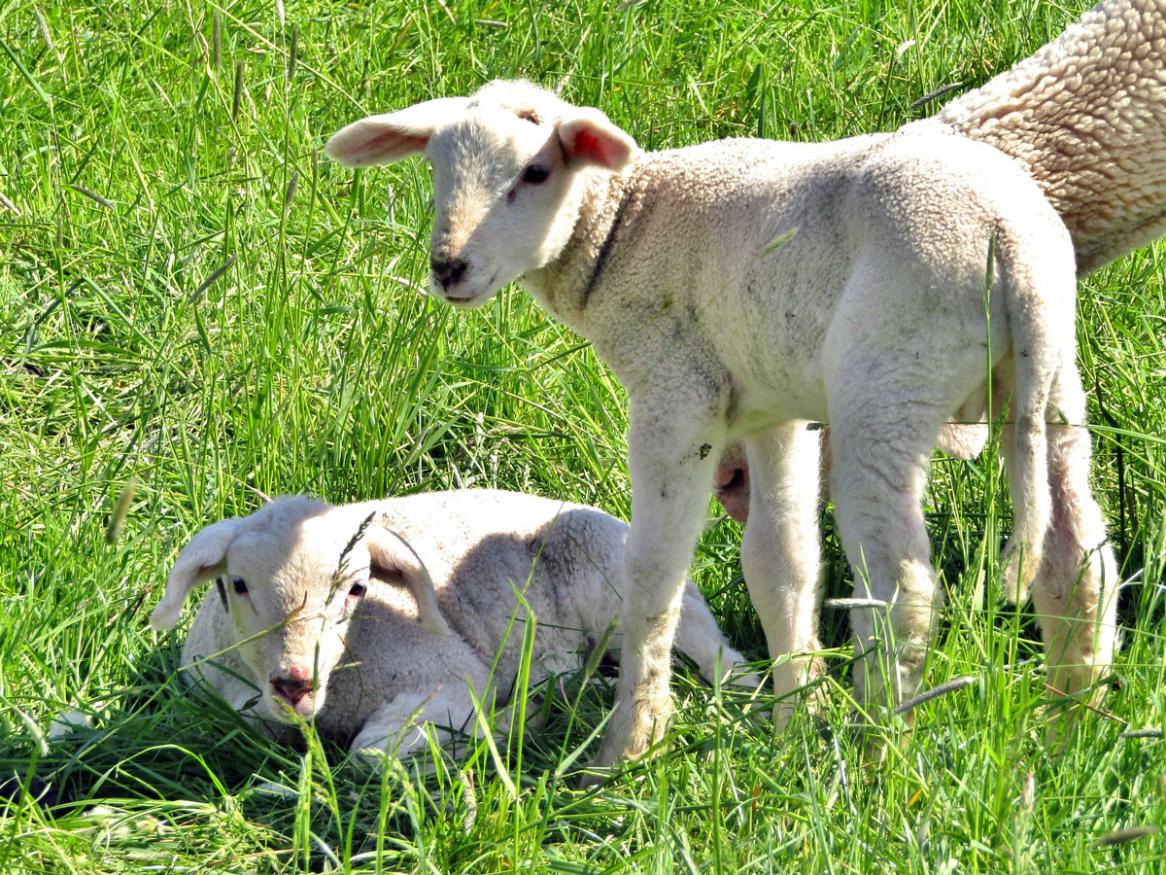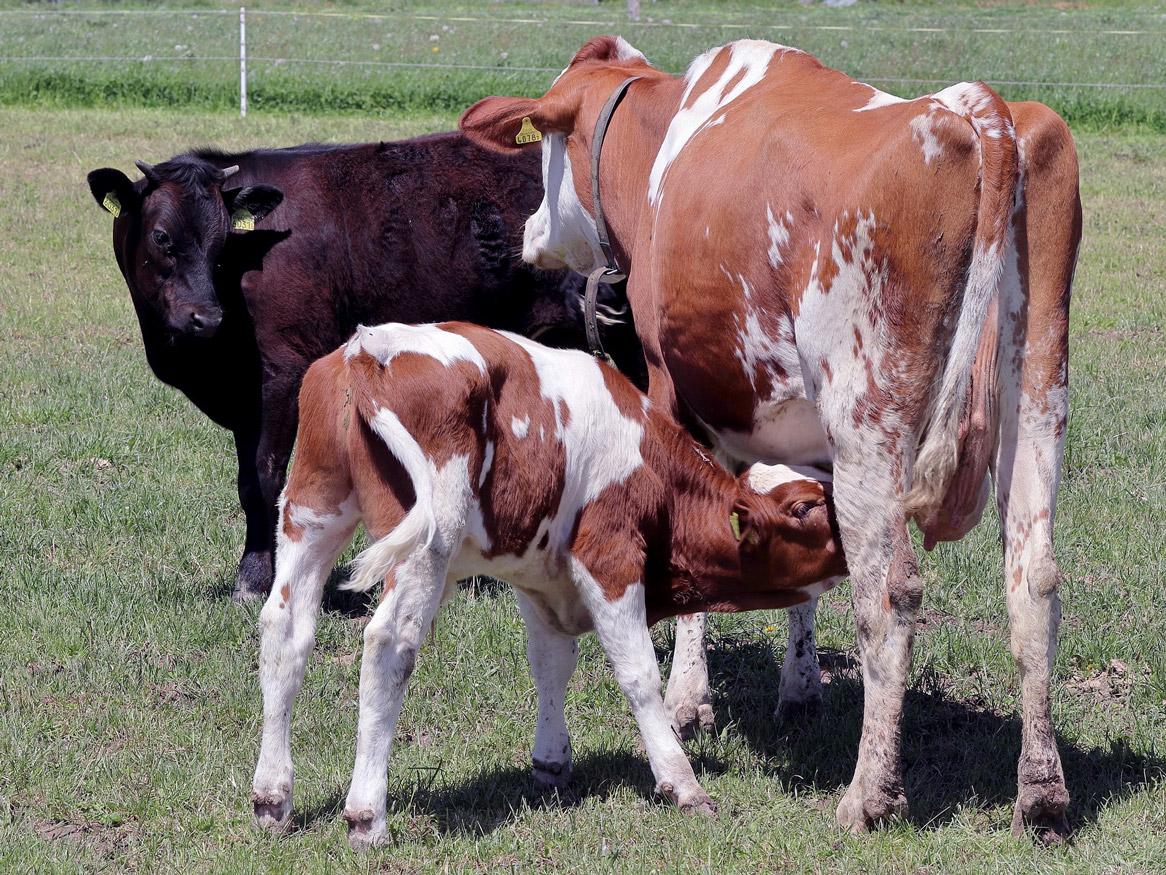Research Strengths
The Davies Livestock Research Centre brings together advances in technology and knowledge to improve animal productivity, welfare and the quality of food for consumers.
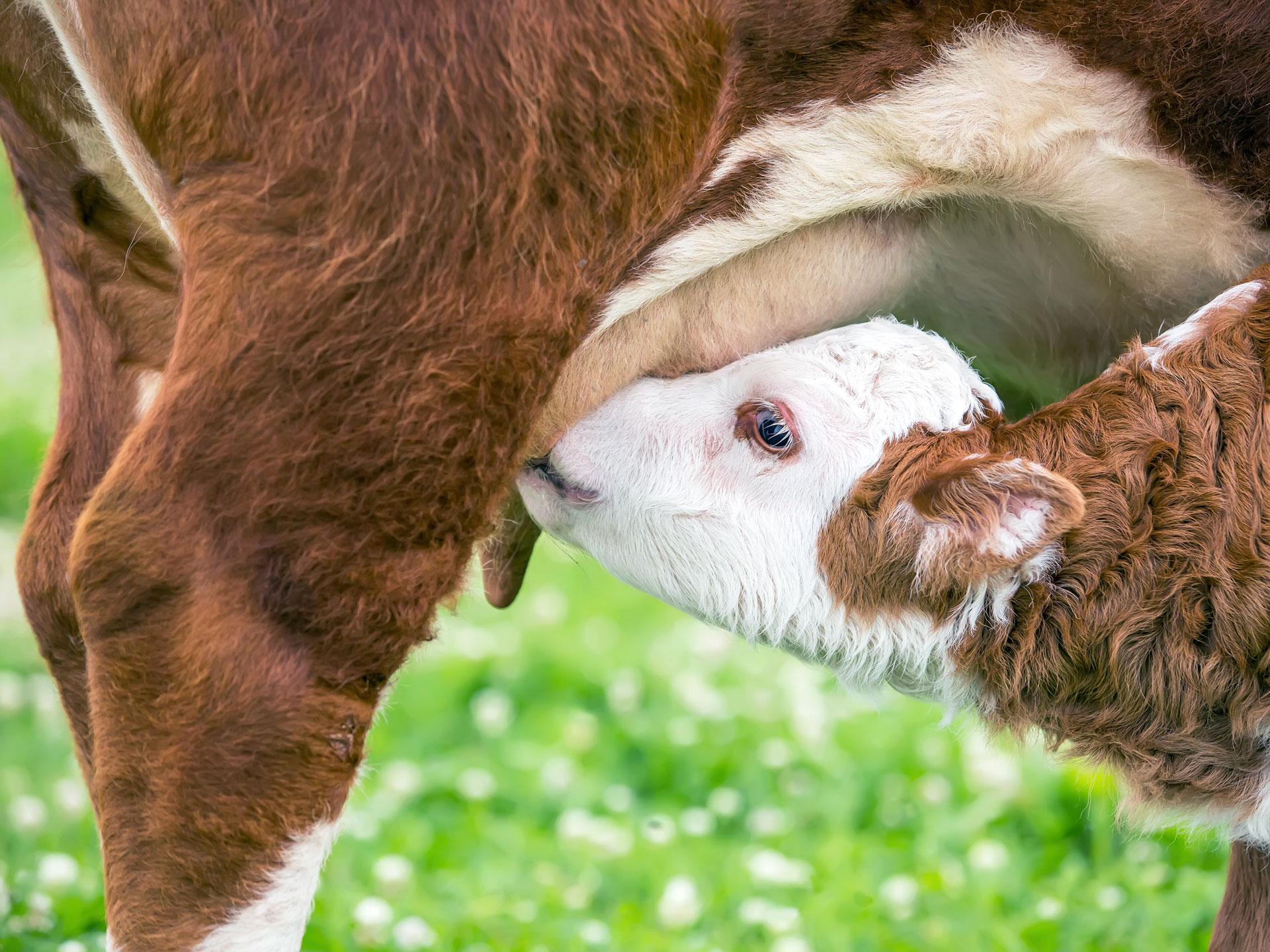
We bring together researchers from within the University and industry and collaborate with national and international research partners to study the interactions among genetics, physiology, management and the natural environment.
Our multidisciplinary approach involves disciplines as diverse as physics and human medicine to the study livestock species which opens new opportunities for scientific discovery and to realise ground breaking practical applications.
The Davies Livestock Research Centre is working actively on projects from creating basic scientific knowledge to developing advanced breeding methods.
Please contact us to start a conversation about how we can help your organisation.
Study honours in animal science
Conduct undergraduate research with the Davies Research Centre and School of Animal and Veterinary Sciences.
For information about scholarships for ruminant science projects, email chantal.barrass@adelaide.edu.au.
Featured research
-
Case studies
Projects and outcomes
How do horns grow in cattle?
PhD candidate Johanna Aldersey is studying the molecular pathways that cause horns to grow in cattle.
Read more about How do horns grow in cattle?Meating the future
What started out as an interest to learn more about production beyond the farm gate quickly turned in to the foundations for an exciting career.
Read more about Meating the futureBeefing up your degree
How the Australian red meat industry was a drawcard for animal science student Jamie Jones.
Read more about Beefing up your degreeHow can assisted technologies be used to improve herd reproductive potential?
We show that variation in cow and ewe fertility influences the reproductive efficiency of herds/flocks and the success of embryo collection and transfer programs.
Read more about How can assisted technologies be used to improve herd reproductive potential?How can we use science to help us choose better quality meat?
We're facilitating machine learning to assess the juiciness, tenderness, flavour and overall consumer satisfaction of meat.
Read more about How can we use science to help us choose better quality meat?How does parental DNA affect cattle growth?
Determining the patterns of expression and mechanisms of gene regulation at key fetal stages will provide us with information about normal development.
Read more about How does parental DNA affect cattle growth?Meating the challenge to optimise lamb
We're assisting lamb processors to turn to the power of mathematics and employ optimisation methodologies to guide them to make the most from each carcase.
Read more about Meating the challenge to optimise lambHow do we measure animal emotions?
We're using new molecular biomarkers to improve pig welfare and the assessment of their welfare.
Read more about How do we measure animal emotions?Creating a fast and effective lice test for sheep
We linked up with industry to develop a test that can accurately, quickly and cost effectively determine presence of lice before or at shearing.
Read more about Creating a fast and effective lice test for sheepWhere do Hong Kong’s feral cattle come from?
We analysed genotypes of Hong Kong's feral cattle population to determine their origin.
Read more about Where do Hong Kong’s feral cattle come from?The global bovine epigenome
We're developing new and improved breeding tools by incorporating epigenomics information into existing technology platforms.
Read more about The global bovine epigenome
How are the different immune components in colostrum absorbed by neonate calves?
We investigated the different immune components in colostrum and their absorption by the neonate calf to help producers manage calf health and their long-term production.
Read more about How are the different immune components in colostrum absorbed by neonate calves?New technique delivers complete DNA sequences of chromosomes inherited from mother and father
We show it's possible to disentangle the DNA sequences of the chromosomes inherited from the mother and the father, to create true diploid genomes from a single individual.
Read more about New technique delivers complete DNA sequences of chromosomes inherited from mother and fatherHow does colostrum affect dairy cow productivity?
Our research shows that calves perform just as well with foster colostrum as they do with maternal colostrum.
Read more about How does colostrum affect dairy cow productivity?Essential resources: A globally unique bovine embryo and fetus collection
The harsh Australian environment and a changing climate require the combination of traits from both subspecies to secure national and global meat and milk production.
Read more about A globally unique bovine embryo and fetus collectionHow does heat stress affect sheep reproduction?
We assessed the effects of heat stress and predicted climate change on reproductive performance of Australian sheep.
Read more about How does heat stress affect sheep reproduction?How do we make cattle cloning more efficient?
A new stem cell type isolated by our scientists can be used to improve cloning efficiencies in cattle.
Read more about How do we make cattle cloning more efficient?
more...01
Jun
How can human reproductive medicine techniques help improve livestock artificial breeding programs?
We’re using human reproductive medicine techniques to improve livestock artificial breeding programs.

